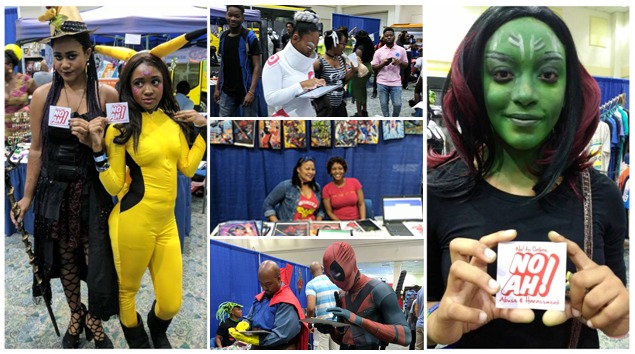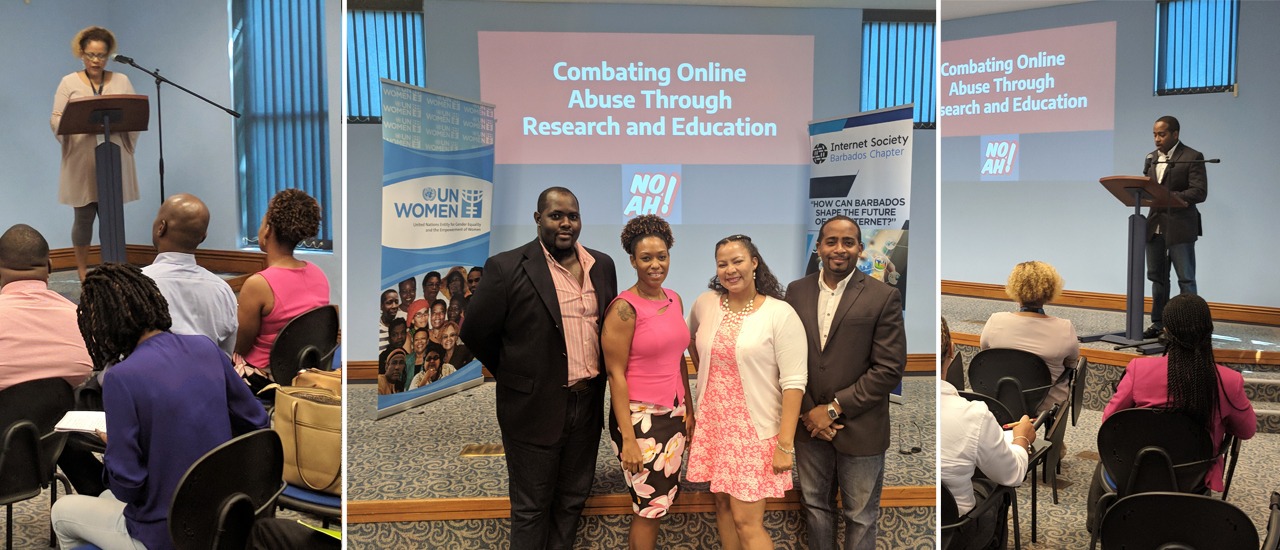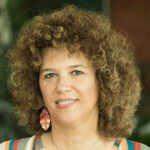Research carried out primarily in North America and Europe shows that the most severe forms of online harassment are especially affecting women and girls. While anecdotal evidence suggests this is also true in Barbados, there is no available research to highlight the prevalence of online abuse against Barbadian women. Though legislation against online abuse exists in Barbados, few cases have been heard in court, and victims perceive the response of law enforcement to be inadequate.
The Internet Society Barbados Chapter, supported by Beyond the Net Funding Programme, has taken a major step towards ensuring online abuse awareness in their community through the project C.A.R.E – Combating (online) Abuse through Research and Education. The initiative, being hailed as the first of its kind in Barbados, will conduct an awareness campaign about the effects of online abuse on women and girls and create a dialog between law enforcement and victims.
 “The project is managed by registered charity No! to Online Abuse and Harassment (NOAH) and all team members are members of the ISOC Barbados Chapter,” explains Ashell Forde, project manager and President of NOAH.
“The project is managed by registered charity No! to Online Abuse and Harassment (NOAH) and all team members are members of the ISOC Barbados Chapter,” explains Ashell Forde, project manager and President of NOAH.
“There is a clear need for stronger strategies to help women escape online violence and support them in addressing the ways in which abuse has eroded their self-esteem. We are organizing a multimedia campaign by engaging local online celebrities and employing the use of social media to reach the largest audience. The project will also measure the awareness of police officers and challenges they experience in enforcing existing legislation.”
What is the project background?
Barbados is a small island in the Caribbean with a population of 285,000 and is one of the most connected countries in a region where rates of domestic violence, sexual harassment, and rape are higher than the global average. The high Internet penetration rate has resulted in symptoms of gender inequality being translated into the online space. Barbadian women and girls are now experiencing the more severe forms of online abuse, including revenge porn and cyber stalking.
Why did you decided to implement this specific project?
NOAH was born out of a desire to help victims of online harassment and revenge porn. We designed the C.A.R.E project to address the lack of quantitative research in this area, raise awareness about this issue in Barbados and create a dialog with law enforcement and victims affected by this type of abuse.
What are the main objectives?
- To address the lack of research on gender based online abuse in Barbados by conducting a quantitative survey among at least 400 participants
- To challenge the culture of gender abuse online by raising awareness among aged 16-45 Barbadians through the production of 4 short videos and at least 5 infographics
- To improve the response of law enforcement officials in reporting online abuse through a 3-day training workshop that will be attended by 20 law enforcement officials.

What is the first step?
Prior to undertaking a national research project in Barbados, NOAH took advantage of annual pop culture convention AnimeKon to carry out a brief survey of its attendees. More than 500 patrons aged 16-60 were surveyed revealing the following preliminary insights:
- Approximately 20% of respondents were previous victims of online abuse.
- 65% of respondents reported receiving nude or semi-nude photos that they believed were intended to be private.
- Women appeared disproportionately affected by revenge porn, with 49% of respondents indicating that a woman was the subject of the most recent picture or video they received.
- While most respondents (82.6%) reported that they never shared a nude or semi-nude photo without permission, 17% were comfortable to share that they have done so in the past.
The NOAH team then conducted a survey among 16-45 years old Barbadians citizens to ensure maximum representativeness. This is the first time such research was done in Barbados and we will use these numbers as an input for our awareness campaign and dialog with law enforcement.
On completion of the survey, 643 respondents were captured, (49% were men and 51% women). The average age of respondents was M=36.7 years, SD=13.3, with the youngest person being 17 and the eldest being 74. The quota sampling approach allowed for proportional capture across the various parishes, with 47% coming from the more densely populated St. Michael and Christ Church parishes. The data is currently being cleaned and prepared for analysis.
Related articles:
Leveling Up Women One Edit at a Time
Digital Self-Defense for Palestinian Schoolgirls
Internet Chalao, Patriarchy Dabao. Leveling up Pakistani women.
Digital abuse against women. Nighat’s fight in Pakistan.
Want to build a safer Internet for women? Join SIG Women to “promote a global space that works towards the involvement of women in technology”
The Internet Society is a proud member of the EQUALS Global Partnership for Digital Gender Equality.
We are looking for new ideas from people all over the world on how to make your community better using the Internet. The Internet Society Beyond the Net Funding Programme funds projects up to $30,000.00 USD.

